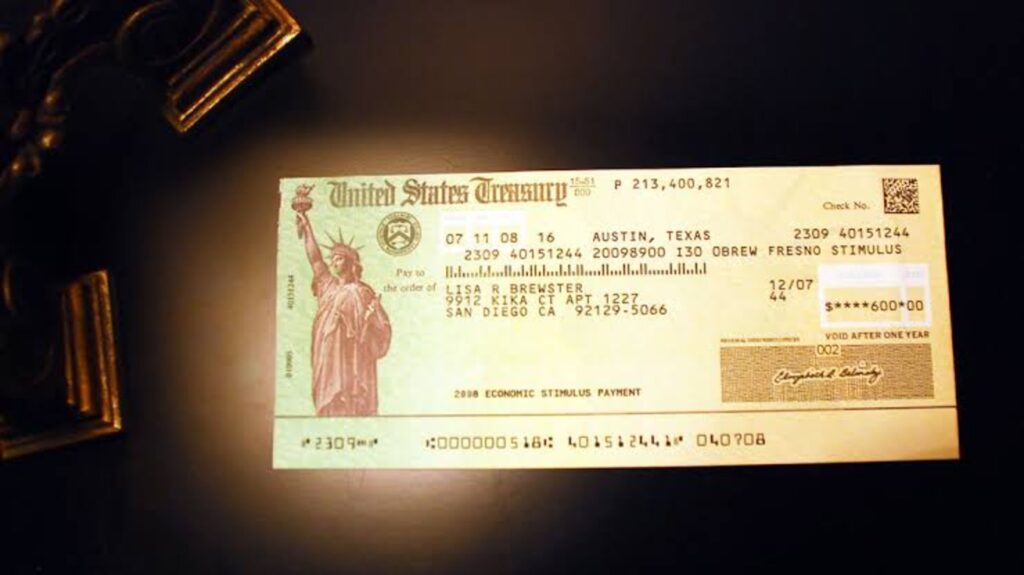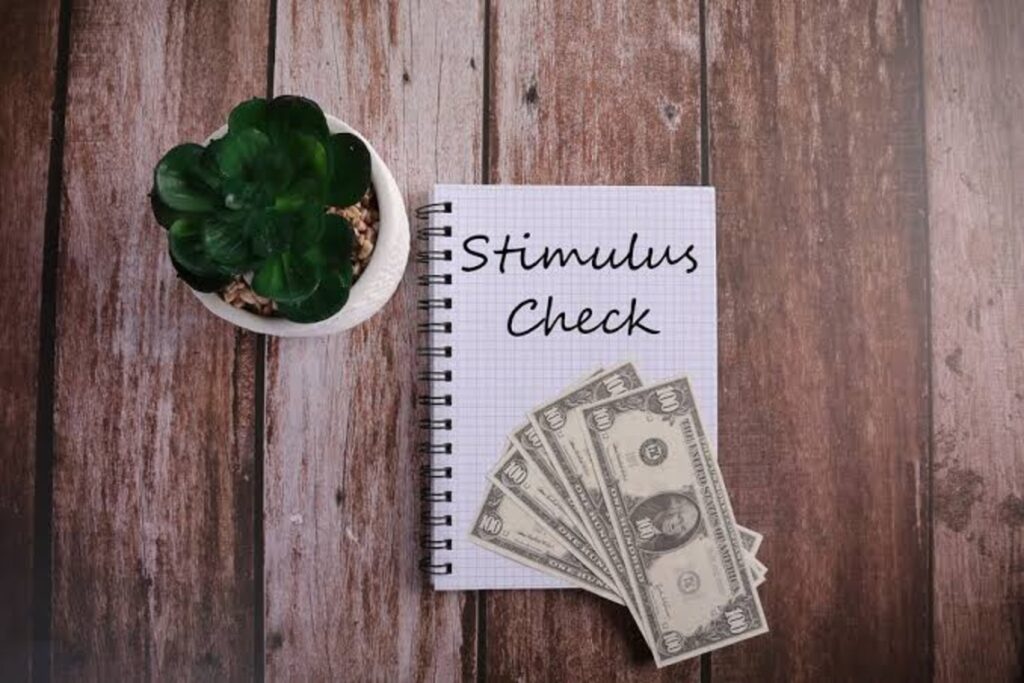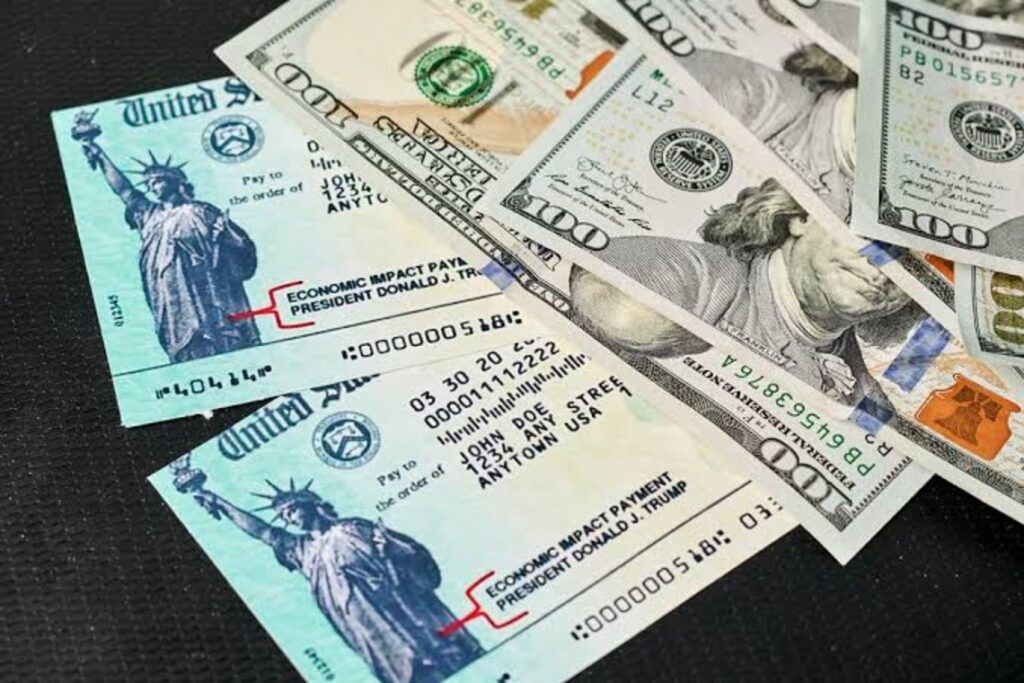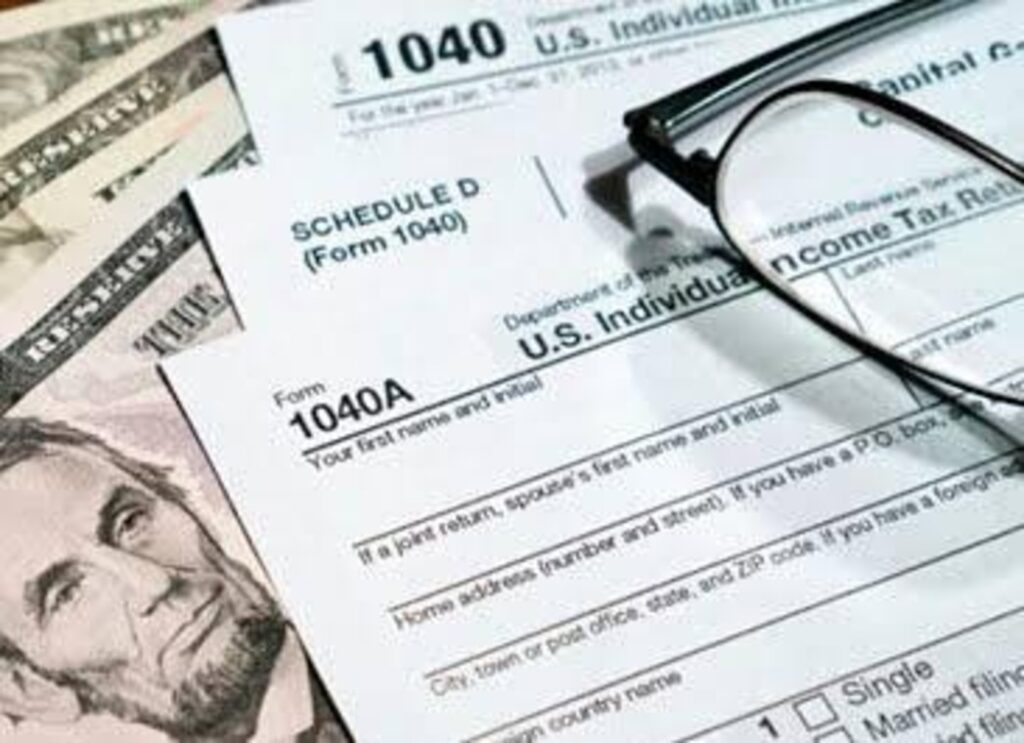A GOP state Senator in Arizona has initiated a bill that may allow taxpayers 65 years of age and older to receive a $250 rebate.

State Senator Anthony Kern sponsored the rebate bill. The first draft of Kern’s SB 1148 legislation suggested that taxpayers 55 and above should benefit from the rebate.
Checking Expenses with an Age Filter
Due to the rebates’ cost implications, the rebate’s age requirements were adjusted to 65 years and above. SB 1148 received this alteration at the Senate Appropriations Committee.

In a recent report, the Payson Roundup said Kern compares the new bill to the family tax rebates from 2023, which were an initiative of Governor Katie Hobbs.
An Extra Benefit of Having Kids
For the family tax rebate, Gov. Hobbs paid each family $250 for each dependent. For clarification, the state pegged the age bracket of dependents as kids under 17.

However, no family received more than $750. By implication, families with more than three dependents still received the $750 cap amount.
Senior Citizens, the Focus Niche
On the contrary, the new bill is for senior citizens, not entire families. The SB 1148 bill aims to reduce the impact of the recent economic uncertainties on senior citizens.

These are naturally some of the most vulnerable citizens due to their incapacity to maintain active employment and difficulties paying bills.
A Bill to Lighten Economical Burdens
In an economy where the young and those with multiple jobs are trying to keep up with rising inflation, senior citizens struggle to get by.

So, Hobb’s family tax rebate got bipartisan support from both GOP and Democrats. However, Kern hopes that similar support will apply to the SB 1488 bill on the chamber floor. There are several suggestions that the GOP is only pushing the bill for political reasons.
Qualifying Criteria for Stimulus Check
However, merely being a senior citizen is not the only qualifying criterion for the new rebate. The beneficiaries would have to have fulfilled their civic responsibilities. For one, the beneficiary must have filed a comprehensive tax return for the 2022 financial year.

Likewise, a senior beneficiary must have had a minimum liability of $1 between 2020 and 2022. After fulfilling these criteria, a senior automatically qualifies for the rebate.
Following Governor Hobbs’s Precedence
Governor Hobb’s 2022 family tax rebate cost the state $260 million, and analysts estimate that the SB 1148 bill will cost the taxpayer approximately $390 million.

So, given Arizona’s recent struggle with a budget deficit, many believe the state may struggle to make the payout even if the bill passes the final reading.
Weighing the Motive Behind Political Favors
So far, news outlets have tried to reach Governor Hobbs via email without success. The goal is to seek his opinion about the disparity between Arizona’s budget deficit and the new bill.

The owner of Rosenfeld Injury Lawyers Chicago, Jonathan Rosenfeld, commended the initiative of the state senate. However, he is equally apprehensive of the motives behind it.
Favors are Good, Motive Irrespective
In Rosenfeld’s opinion, the new bill may just be a ploy to win the political favor of senior citizens. Nonetheless, he feels it would be an economic plus for the beneficiaries.

Rosenfeld equally acknowledges the mounting expenses, particularly medical bills, of senior citizens. So, of the rebate, he said, “Providing a rebate could offer them much-needed relief and potentially improve their quality of life.”
The Impact of a $250 Stimulus
According to Rosenfeld, the rebate may, in the long run, seem meager for each senior. However, it possesses the potential to become an economic stimulus.

In his analysis, Rosenfeld suggests that the $250 check would increase the purchasing power of senior citizens. In effect, even if they don’t spend the cash on immediate needs, it brings a sense of financial security.
Between the Senate’s Accent and a Heaving Budget
It is common for state senators to pass unilateral votes on bills concerning the welfare of senior citizens. This is a far cry from issues like LGBTQ+ or gun-related legislation, which often split state chambers down the middle.

Nonetheless, the Arizona senators will still have to scale the hurdle of the budget deficit, which is a reality they cannot ignore.
How the Payments May Linger
So, although the probability of the state Senate granting an accent to the SB 1148 bill is very high, there are doubts about how soon the rebate would land in the wallets of Arizona seniors.

By implication, pending the resolution of the budget deficit crisis, the seniors may wait a long while before receiving the $250 payment.
Arizona Democrats Oppose the Practicality of the Rebates
State Senator Lela Aston is a liberal representing Phoenix in Arizona. She has publicly expressed her concerns about SB 1148.

Aston said of the seniors tax rebate, “I would love to pass this if we had the money, but we don’t.” With this excuse, all other Democrats on the state Senate panel voted against the SB 1148 bill.
Rebates, Electoral Baits?
However, political analysts suggest that seniors may successfully get their tax rebates, considering general elections are around the corner.

So, GOP members may fight tooth and nail to source the necessary funds and may even cut expenses from some other portion of the budget to make the tax rebate payment successful.
Against Budgetary Odds
Judging by the precedence of some other states, like Minnesota and Alabama, which, against all odds, paid rebates to their senior residents, SB 1148 may become a reality.

Such initiatives will help constituents see that representatives and lawmakers have their best interests at heart. Likewise, the economy will equally receive a boost from such initiatives.
